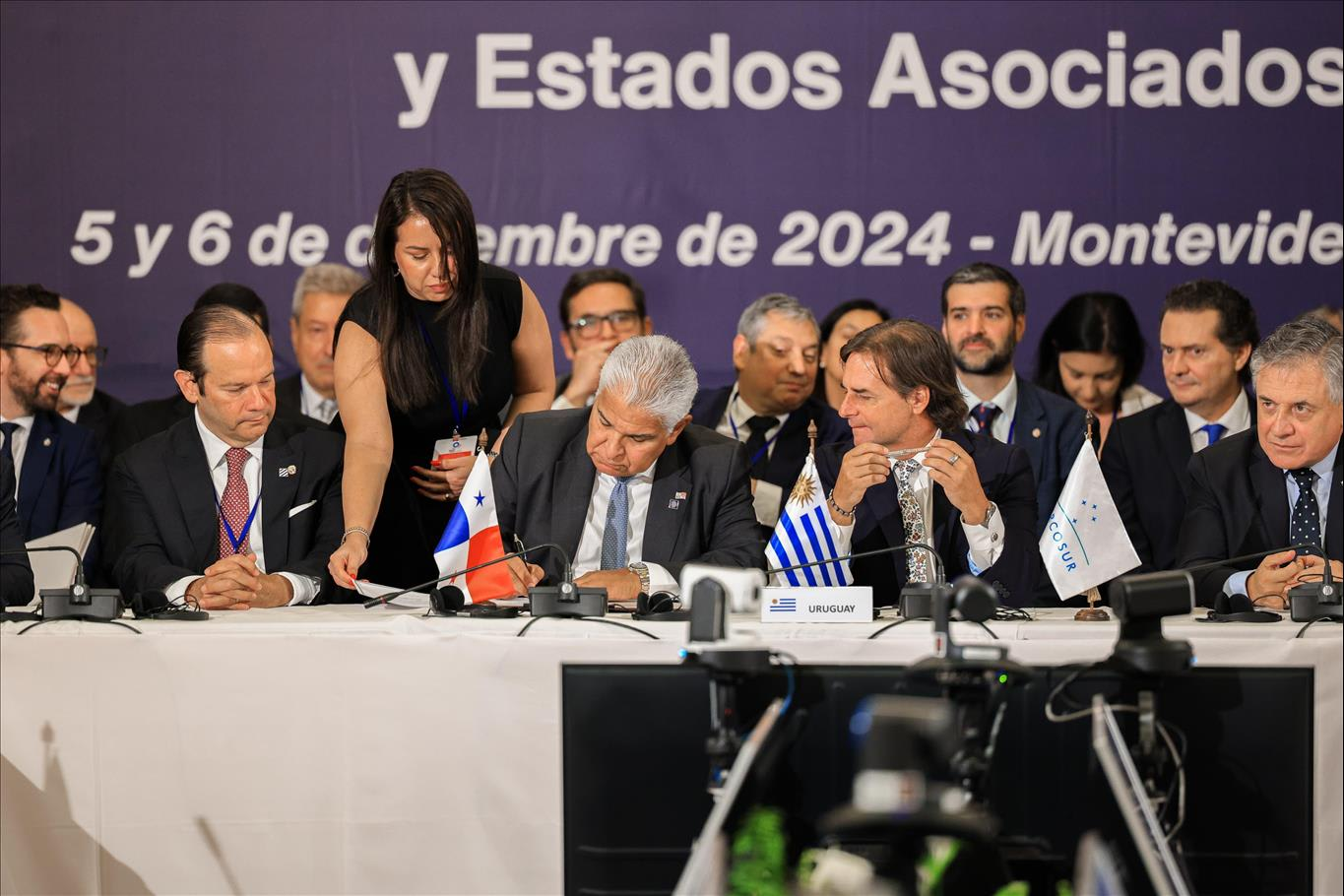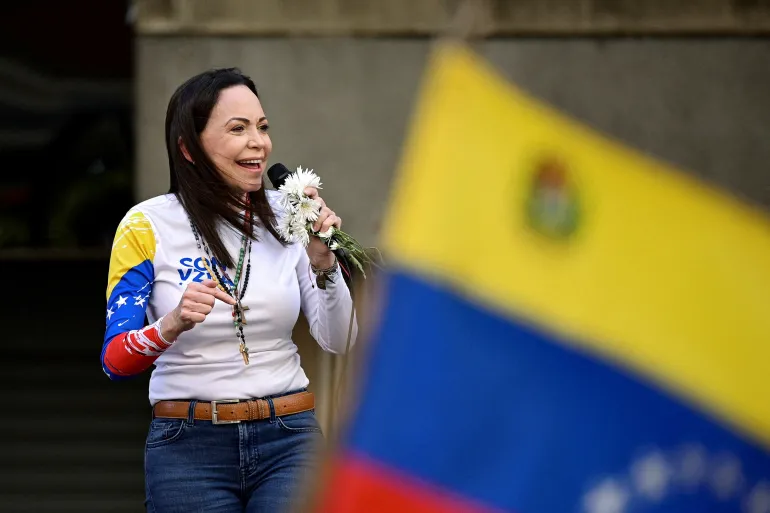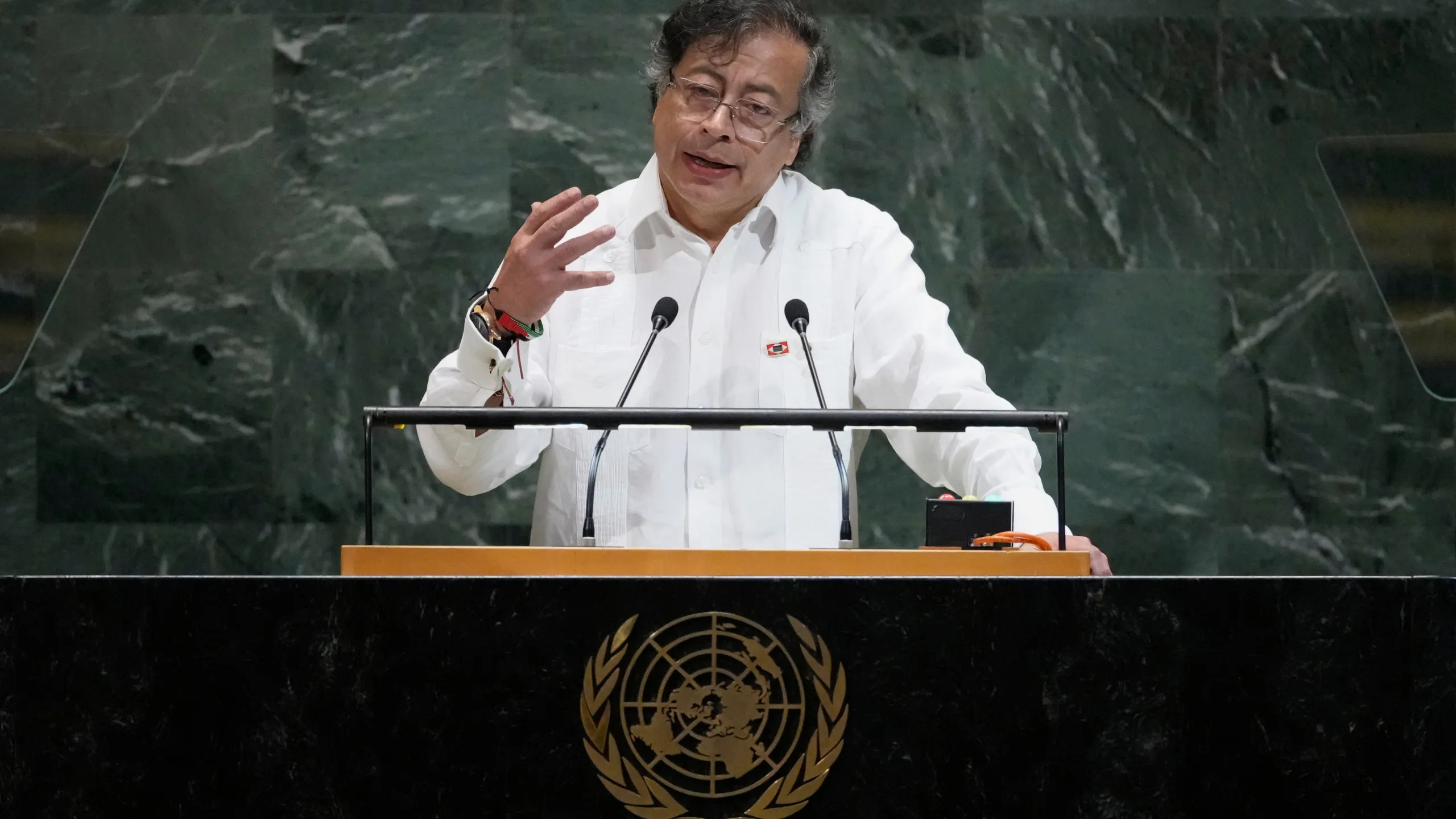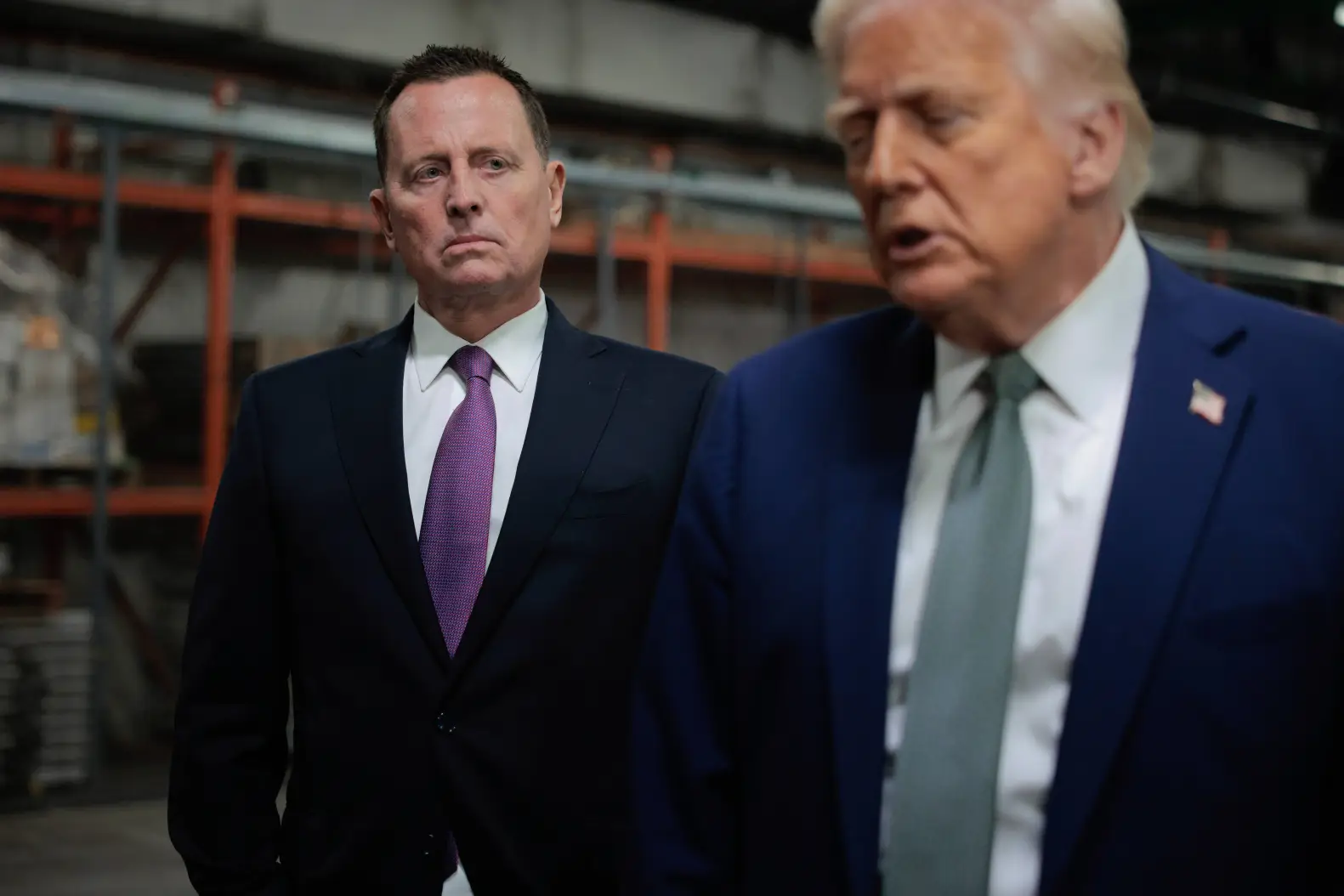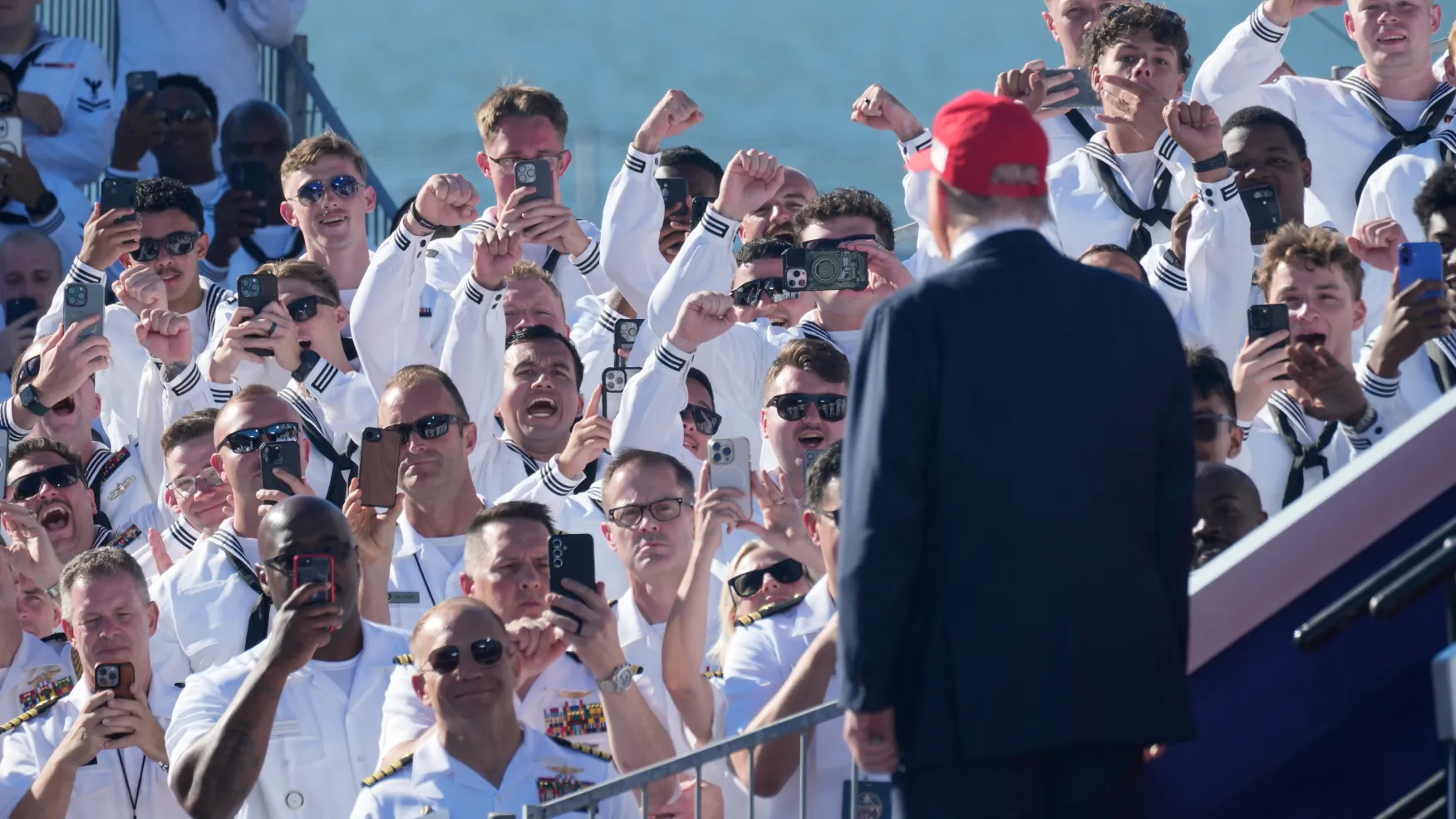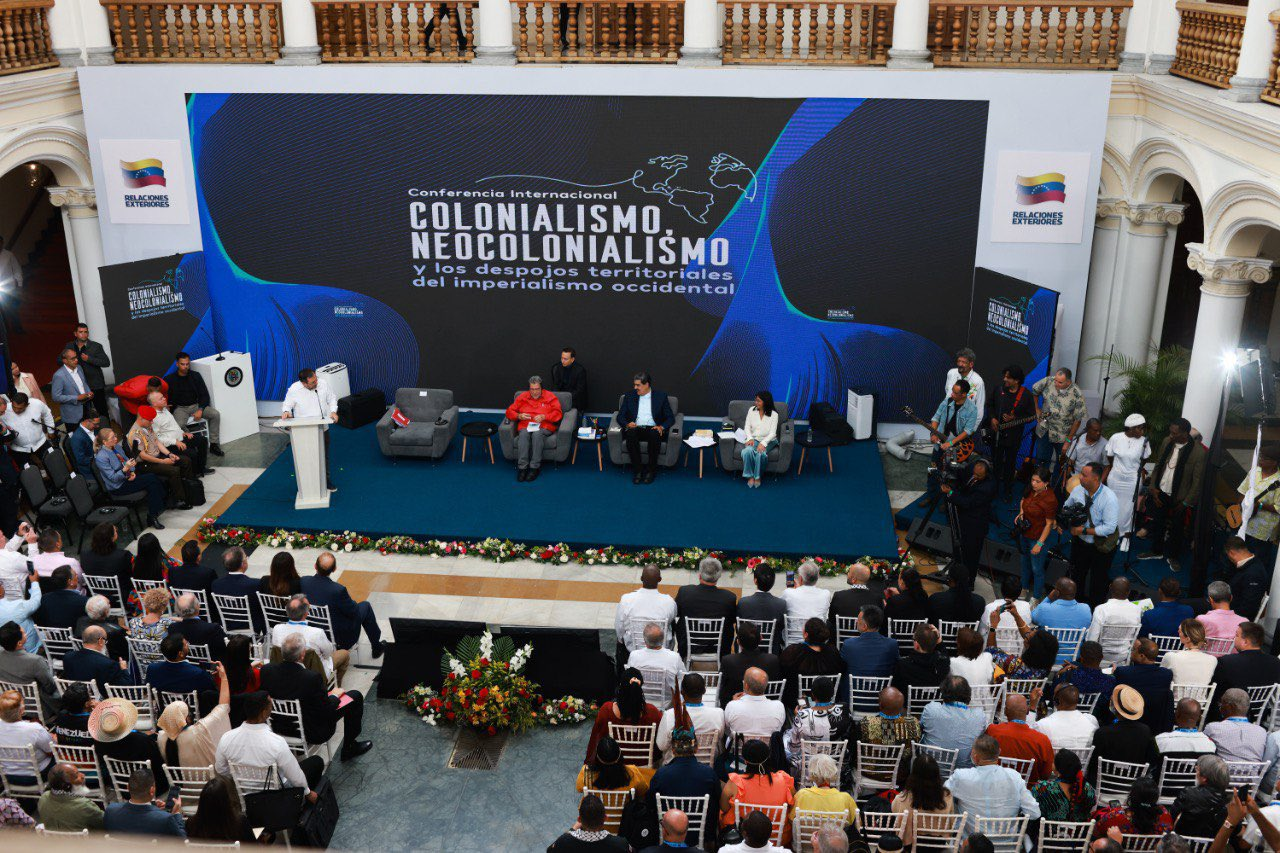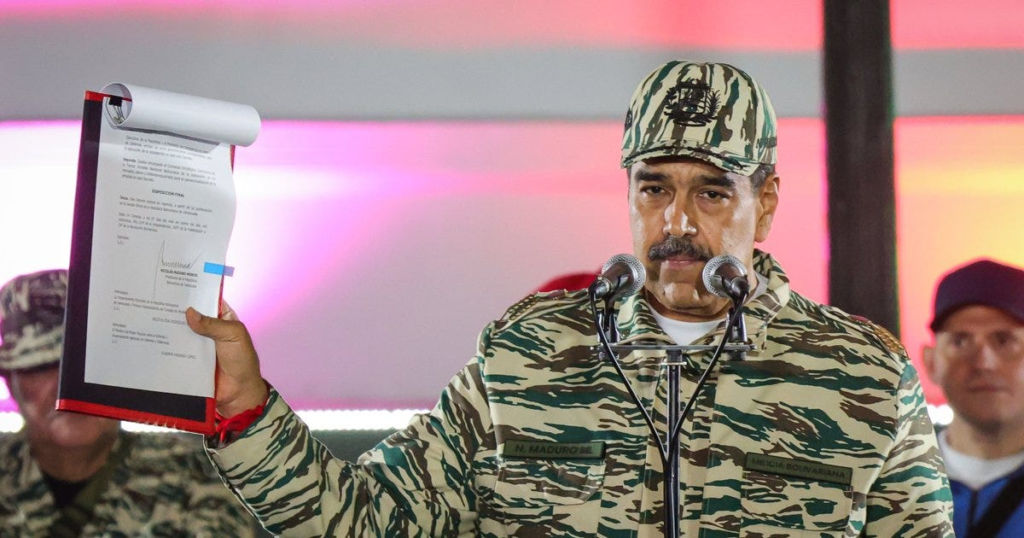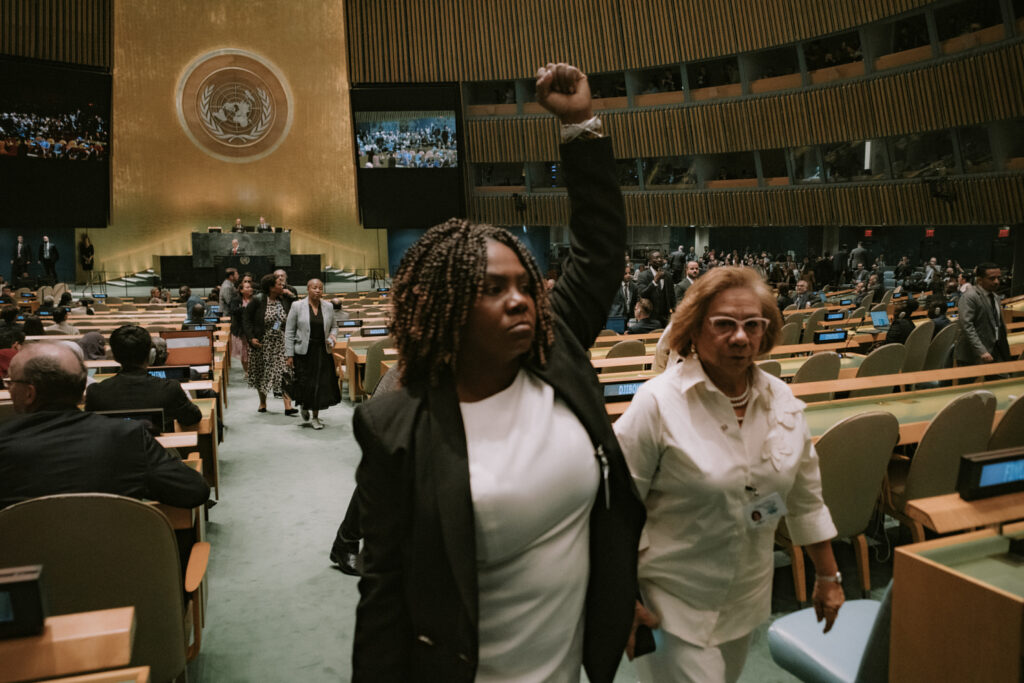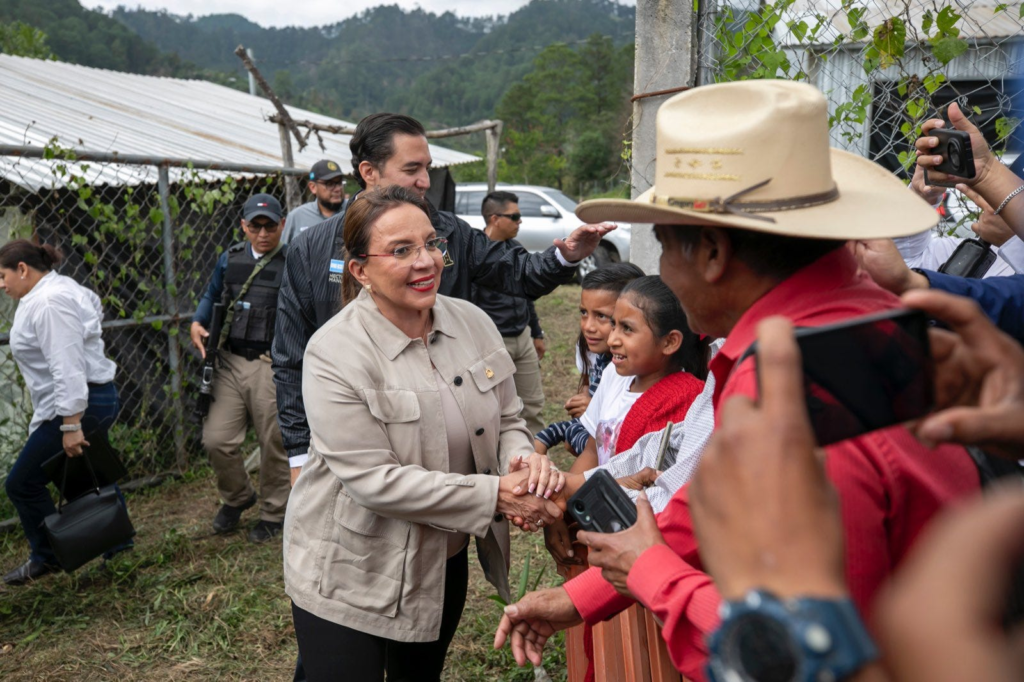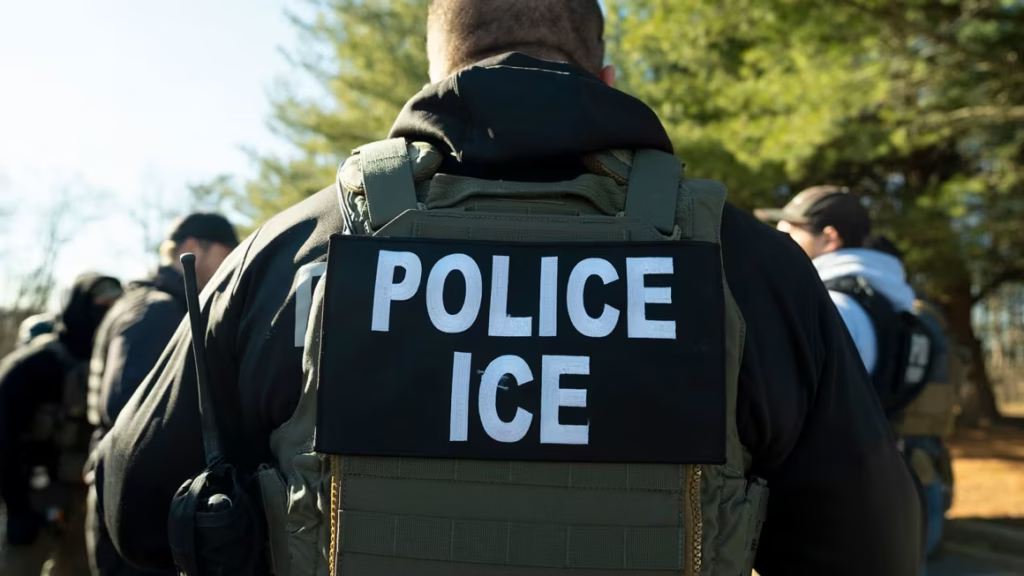José Raúl Mulino, the 39th President of the small Central American nation of Panama, has made it one of his main priorities in foreign affairs to becoming a full-fledged member state of MERCOSUR, a South American trading bloc officially known as Mercado Común del Sur, or the Southern Common Market, designed to facilitate trading initiatives and regional integration among partners in South and Central America.
The group’s founding members, Argentina, Brazil, Uruguay, and Paraguay, had a vision in 1991 as part of the Treaty of Asunción of promoting free trade partnerships and the movement of goods and services among its member states. Nations without full voting rights, but are privileged “associate states”, include Chile, Colombia, Ecuador, Guyana, Peru, and Suriname.
Venezuela was a full member of the organization but was later suspended from the group in 2017 due to its failure to meet basic trade requirements and its violations of human rights.
In September of last year, President Mulino expressed optimism in his country’s prospects of becoming a full member of the bloc, and the opportunities that it would provide for Panama “with the support of friendly countries and under the leadership of Brazil, which has opened that door, that helping hand, we will be partners of the Common Market of the South.”
In December of 2024, Mulino’s dream became more vivid when Panama was inducted as the only Central American country to acquire the status of “associate state”, offering the nation greater commercial and trading opportunities with the bloc’s member states, which, according to analysts, together represent the fifth largest economy in the world. Mulino states that in partnership with the organization:
Panama becomes the gateway for MERCOSUR to Central America and other markets, through its great advantages that go beyond its geographical and strategic position, but also by making available its developed logistics capacity, an international financial center and an airport that is the hub of the Americas.
President Mulino also highlighted at the summit in Montevideo last year that Panama offers MERCOSUR access to high technology in broadband communications, political and legal stability, sustainable investment regimes, and trade openness to add to the bloc’s unique capabilities. Panama is also located in a strategically viable location with influence over the most trafficked choke-point in the region’s trading operations, the Panama Canal, as well as critical shipping routes along the northernmost regions of South America.
Mulino had another victory recently when the European Union removed Panama from its list of high-risk countries due to its advancements in anti-money laundering operations and counter-terrorism financing regime. This recent decision by the EU significantly enhances Panama’s international reputation, fosters greater confidence among foreign investors, and strengthens the country’s attractiveness as a location for doing business.
The Panamanian president has also requested that the nation’s National Assembly approve an agreement with MERCOSUR with the aim of initiating bilateral negotiations with each member state to further enable Panama’s accession as a full-fledged member state.
The timing of these developments has become even more critical as a shift in Paraguay’s domestic political landscape appears to take shape. Paraguay is the last South American country to retain close ties with the South Asian territory, and critical chip-maker, Taiwan, while the looming threat of Chinese expansion poses questions for geo-strategic and multilateral trade relationships in Latin America.
The growing trend of Latin American nations in South and Central America shifting their trade relations from Taiwan and aligning their strategic interests with those of Chinese expansion is gradually becoming a concerning issue in Washington D.C.
Paraguay is also a founding member of MERCOSUR, holding veto powers within the organization, making the South American nation a critical player in how the bloc will align politically to further Chinese advancements into the region.
Paraguayan Minister for Economy and Finance Carlos Fernandez Valdovinos recently conveyed Paraguay’s willingness to sign a free trade agreement with China, and hinted that the South American nation was open to the controversial One China principle that would inevitably envelop Taiwan and its capabilities into the Chinese orbit.

